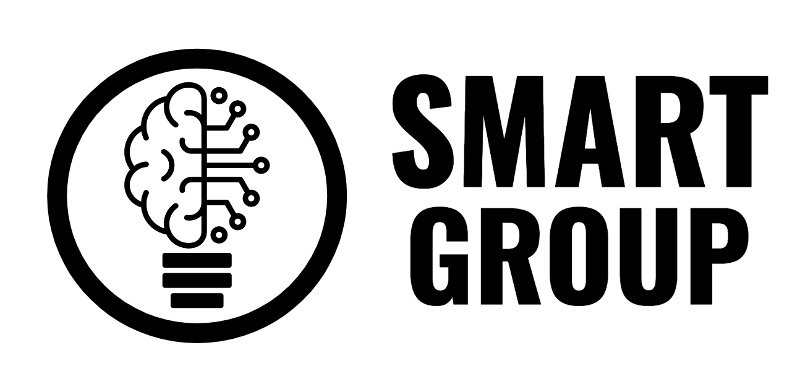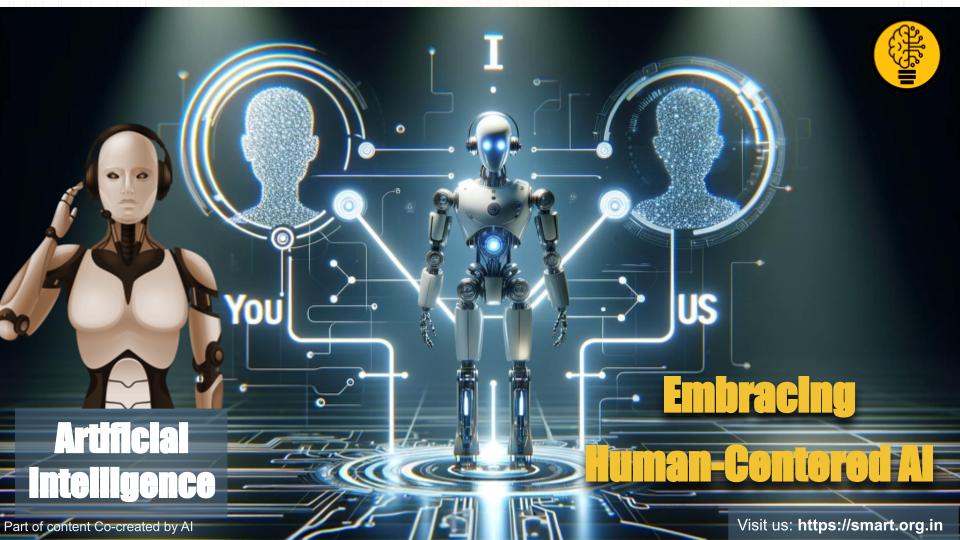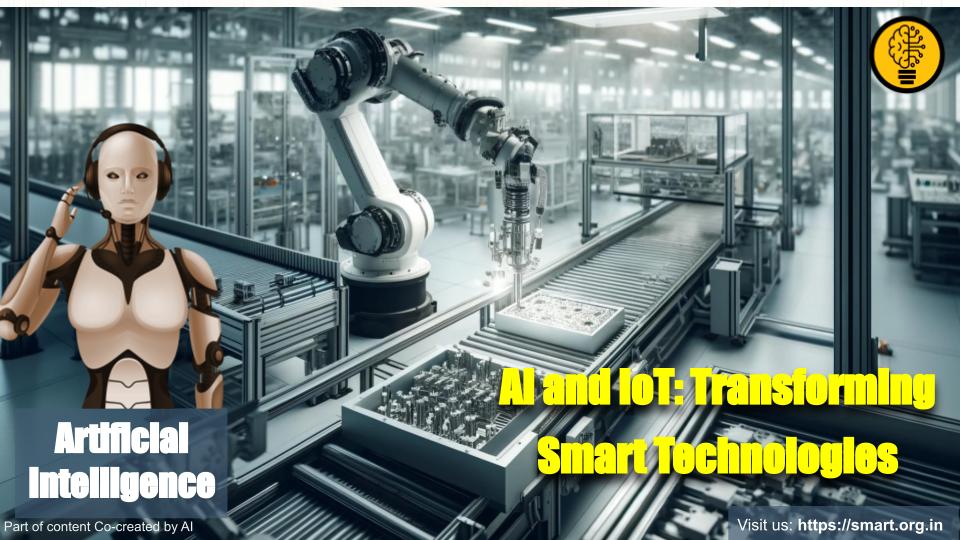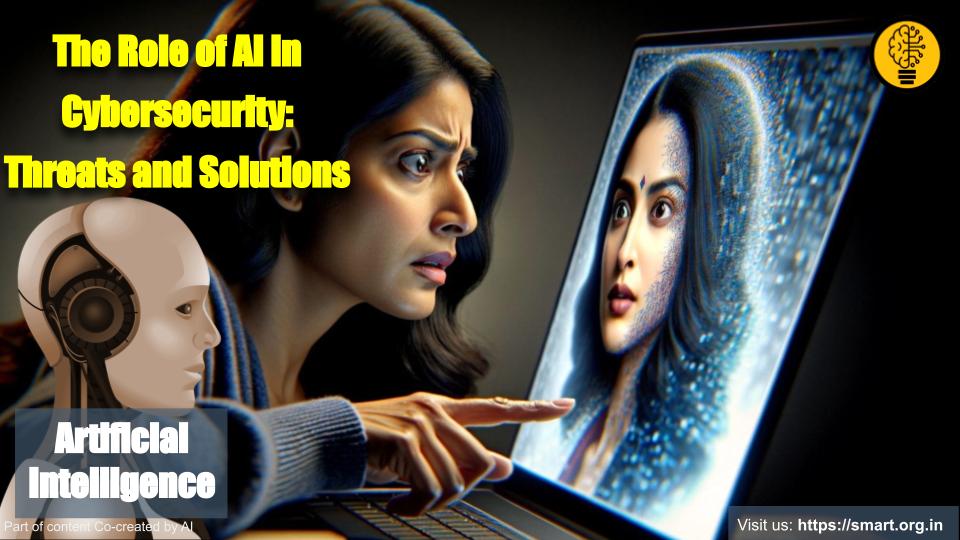we stand at the crossroads of a technological revolution, our approach to AI must be deeply human-centric. We must remember that technology is a tool created by humans, for humans. Therefore, it must be developed and governed with a clear focus on enhancing human values and capabilities, ensuring that as we advance technologically, we also advance societally.
Tag Archives: Artificial Intelligence
AI (Artificial Intelligence): AI refers to the simulation of human intelligence in machines. These machines are programmed to think like humans and mimic their actions. AI can include learning, reasoning, and self-correction. It’s widely used in various industries, from healthcare to finance.
The convergence of Artificial Intelligence (AI) and the Internet of Things (IoT) is a pivotal transformation in the realm of smart technologies. Together, these technologies are reshaping how devices interact, how data is analysed, and how decisions are made in real time. This blog explores how AI and IoT are working together to create smarter, more efficient systems across various industries.
Artificial Intelligence (AI) stands as a beacon of innovation and efficiency. Drawing from my own experiences navigating technological shifts, I’d like to explore the intricate journey of integrating AI into Legacy Systems
The emergence of Artificial Intelligence (AI) has ushered in a new era for various industries, especially in Software Development. AI’s ability to learn, analyse, and make informed decisions is revolutionizing traditional development approaches, boosting efficiency, and setting a new direction for the future of software engineering.
The integration of Artificial Intelligence (AI) into Predictive Analytics and decision support systems. AI has marked a significant shift in how businesses and organizations approach data analysis and decision-making processes. This fusion not only enhances the accuracy of predictions but also streamlines the decision-making process, leading to more informed & data-driven choices. This blog delves into the role of AI in these domains, outlining its benefits, applications, challenges, and the future outlook.
The integration of Artificial Intelligence (AI) in cybersecurity has revolutionized the way organizations and individuals approach digital security. AI’s ability to learn, adapt, and respond to cyber threats has significantly enhanced the efficiency of security measures. However, the use of AI also introduces new challenges and potential vulnerabilities. This blog explores the dual role of AI in cybersecurity, highlighting both the threats it poses and the solutions it offers.
Artificial Intelligence (AI) is transforming our world, reshaping how we live, work, and interact. However, its rapid advancement brings forth complex Ethical Considerations in AI. Addressing these is crucial for harnessing AI’s potential while minimizing its risks.
The story of artificial intelligence (AI) is one of relentless innovation and groundbreaking discoveries. It’s a journey from the structured world of rule-based systems to the dynamic realm of machine learning, reshaping our world along the way.
The European Parliament has made a significant move by approving the AI Act. Here’s what you need to know, broken down into easy-to-digest points.
A groundbreaking report from Wired highlights a concerning development in the realm of AI threats. Researchers from prestigious institutions like Cornell University, Technion-Israel Institute of Technology, and Intuit have unveiled “Morris II,” dubbed the first generative AI worms.










